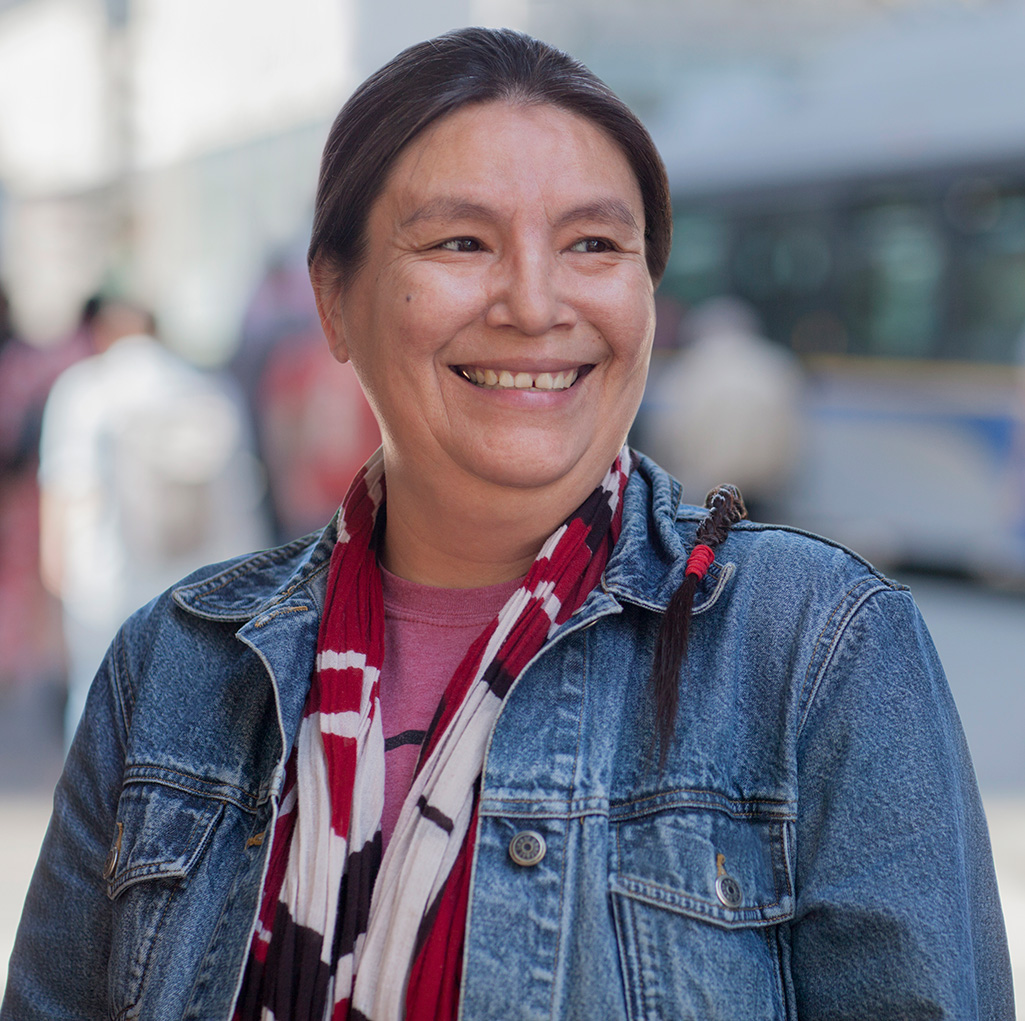The REACH Collaborative is focused on creating pathways designed for Black, Hispanic and Latino, and Native American adults to earn quality credentials that lead to a degree. We work with states and community colleges to replace systems and beliefs that unfairly hold adult learners of color back from a better education and life with pathways, supports, and practices that celebrate and value their unique lived experiences.
REACH Framework
The REACH Collaborative framework guides community colleges in developing pathways that embrace the unique experiences and needs of adult students of color. Learn more about REACH.
Credentials to Degrees Pathways
Credentials to Degrees Pathways remove unfair barriers to high-wage, family-supporting careers. Their speed and stackability are a necessary and practical response to the expensive stops and restarts adult learners of color have had to face for far too long.
Read MoreBundled, Sequenced Supports
Bundled and Sequenced Supports place people-first supports throughout a student’s educational journey. Proactively providing adult learners of color with what they need, when they need it, inside and outside of the classroom makes education work better for everyone.
Read MoreCulturally Sustaining Practices
Culturally Sustaining Practices create environments where racial, ethnic, and cultural backgrounds and lived experiences are acknowledged and valued—where adult learners of color feel they belong and can thrive.
Read MoreGiving students a clear path for making short-term gains while continuing to press toward their ultimate goal.
48%
Fewer Black workers in professional occupations than white workers
Source: Economic Policy Institute
18%
Lower attainment of associate degrees for Native American and Hispanic adults than white adults
Source: Lumina Foundation
Why Community Colleges?
Community colleges have long had the reputation of being engines of economic and social mobility. Deeply embedded in and connected to the communities in which they are located and more affordable than their four-year counterparts, community colleges serve a racially and age-diverse population of students.1 Half of all Black and Latinx students in postsecondary education are served by community colleges, and the average student age is 28.5.2 Equipping these institutions with adequate resources and guidance strengthens their efforts to remove barriers that unfairly hold adult learners of color back from real opportunity.
1. NCES. (n.d.) NCES. Retrieved November 6, 2023.
2. Strada. (n.d.) Strada. Retrieved March 18, 2022.
Learn about REACH States and REACH Deeper Colleges
The REACH States in the REACH Collaborative were selected to pioneer efforts to increase credential attainment for adult learners of color as a result of their innovative, student-centered pathways and demonstrated commitment to equitable student success. A group of institutions from those six states, known as the REACH Deeper Colleges, were selected to take a more concentrated focus on racial equity, working closely with the University of Pittsburgh and Equity Champion Consultants to implement culturally sustaining practices.
“Colleges and universities must adapt to a changing landscape of higher education…National completion goals and state initiatives targeted toward adult students cannot be met if institutions do not find more effective ways to reduce inequities in both access and success for racially minoritized adult students.”
– ASHE-NITE Paper Series, Creating Inclusive and Equitable Environments for Racially Minoritized Adult Learners
Featured REACH Resources
REACH Brief
Credentials to Degrees Pathways
A dive into the first pillar of the REACH Framework: How the REACH states are developing academic pathways of credentials in sequences that align with associate...
REACH Brief
Bundled and Sequenced Supports
A closer look at the second pillar of the REACH framework: the importance of bundling and sequencing supports to understand and address the many complexities of...
REACH Brief
Culturally Sustaining Practices
What are culturally sustaining practices and why do they matter in redesigning systems that value and empower adult students of color?
Stay Updated
Join our email list to stay updated on the latest resources,
best practices, and impact stories from REACH states and colleges.





